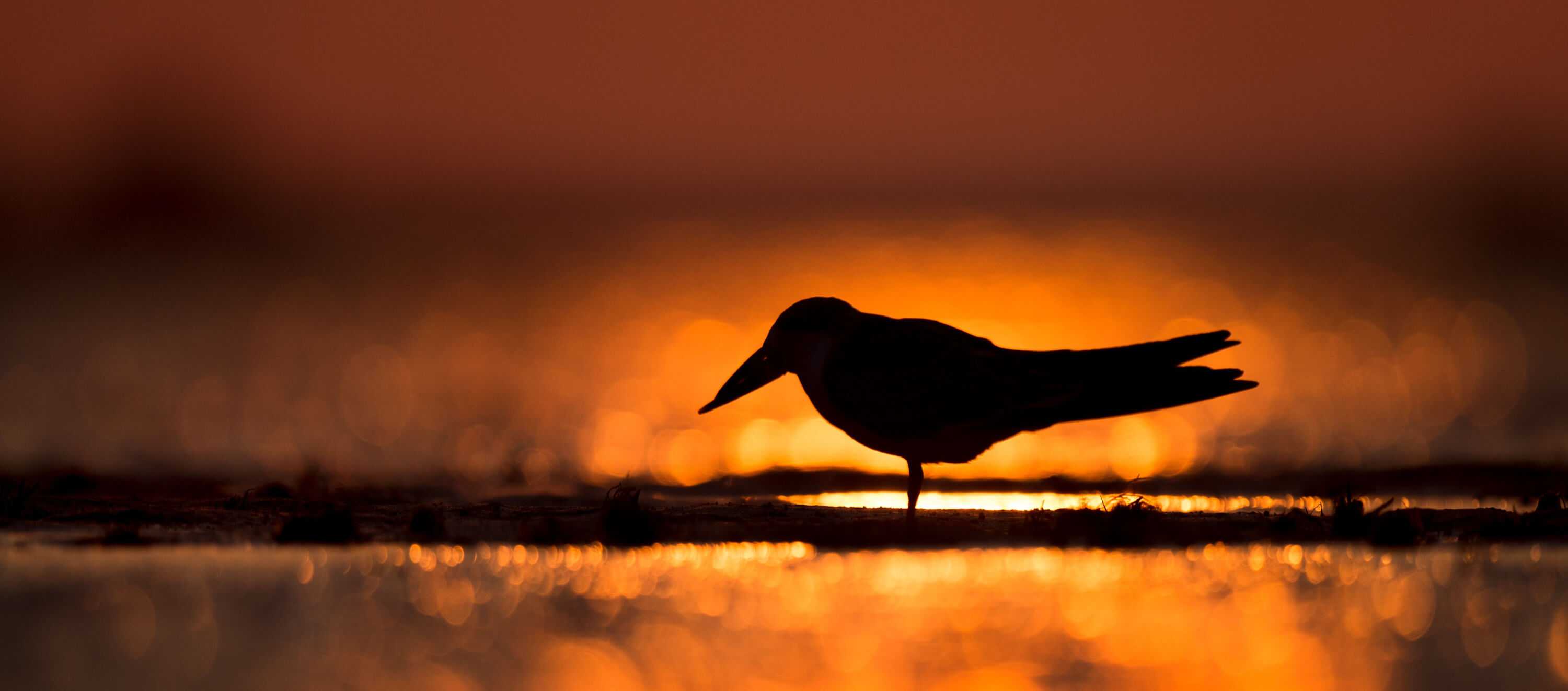Florida's unique wildlife are at risk from climate change.
Fish, wildlife and plants provide jobs, food, clean water, storm protection, health benefits and many other important ecosystems services that support people, communities and economies across the nation every day. The observed changes in the climate are already impacting these valuable resources and systems. These impacts are expected to increase with continued changes in the planet’s climate system. Action is needed now to help safeguard these natural resources and the communities and economies that depend on them.
-- National fish, wildlife, and plants climate adaptation strategy (2012)
This Climate Adaptation Explorer provides a starting point from which to address the predicted impacts of climate change on Florida’s fish, wildlife, and ecosystems.
It is intended to serve as a resource in understanding potential impacts and to help in the development of adaptation strategies that could be implemented by the Florida Fish and Wildlife Conservation Commission (FWC) and other natural resource management agencies and groups. The goal is that this “guide” will provide the tools for better integration of adaptation actions and tasks into broader policies and programs, serving as a toolkit to help natural resource managers and others understand and address the current and future impacts of climate change on Florida’s ecosystems.
Use this tool to learn more about:
Climate Impacts in Florida
Florida is expected to be more severely impacted by climate change over the next century that most other states in the U.S. Many species of fish and wildlife in Florida have limited ranges that are determined in part by climatic conditions and their survival could be threatened by future climatic shifts.
Learn more about climate change, climate impacts to Florida's unique species and habitats, and more.
Start learning more about climate impacts...
Climate Impacts on Florida's Species
Climate change is expected to have profound impacts on Florida's species.
Nearly one-quarter of the approximately 1,200 species tracked by the Florida Natural Areas Inventory are projected to have at least 50% of their range lost to a sea level rise of 1 m. Several keystone species are particularly vulnerable to the impacts of climate change and the loss of these species can have cascading impacts on natural communities and other species.
Learn more about climate impacts for 138 species of concern in Florida. Each species has a detailed profile that includes information on life history, range, habitat use, climate change impacts, vulnerability, and adaptation strategies.
Start exploring species profiles...
Climate Impacts on Florida's Ecosystems and Habitats
Explore detailed profiles for 50 ecosystems, conservation assets, and habitats across Florida. Each habitat profile includes information on the location and defining characteristics of each habitat, climate impacts, vulnerability, and adaptation strategies.
Start exploring habitat profiles...
Climate Adaptation Strategies
Find out what you can do to help plan for the future survival of Florida's unique species and habitats. Using an adaptation approach is vital to offset the increasing impacts from climate change combined with existing anthropogenic impacts to natural communities and species.
Learn what you can do...
Need help?
We are here to help you interpret and apply the information in this tool.
Please contact us for assistance or to report issues.
Credits
Much of the content presented here is taken from A Guide to Climate Change Adaptation for Conservation: Resources and Tools for Climate Smart Management of Florida's Fish and Wildlife Species and Their Habitats (Florida Fish and Wildlife Conservation Commission, 2016) and the Climate Change Impacts on Florida's Biodiversity and Ecology chapter in "Florida’s Climate: Changes, Variations and Impacts (Florida Climate Institute, 2017)."
This application was created by Brendan C. Ward at the Conservation Biology Institute (CBI) in partnership with Beth Stys, Lily Swanbrow Becker, and Cherie Keller with the Peninsular Florida Landscape Conservation Cooperative / Florida Fish and Wildlife Conservation Commission.

